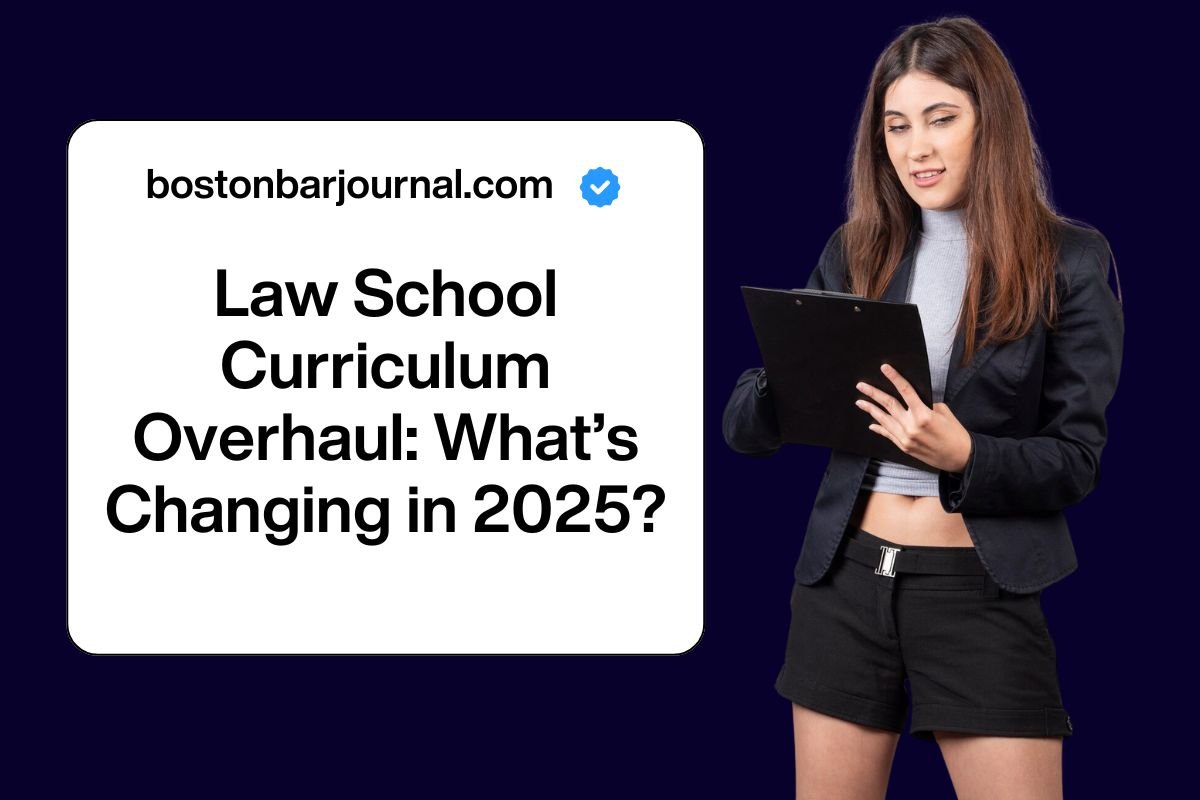There has been a lot of debate in Massachusetts over gun control, which is not new. But over the years, the debate has taken an aggressive turn in a way most of us have never seen. The government’s approach in this matter is quite comprehensive as it combines gun law regulations with the community violence intervention programs. Now, the state’s legislation has taken the initiative to reform the proposal, it is high time to step back and review the legal framework and understand why it matters for each citizen.
Gun Control Debates in the Massachusetts Legislature
On one side, there’s a push for stricter regulations, championed by those who believe tighter laws will reduce violence. On the other hand, there’s fierce resistance from gun rights advocates who argue that these measures infringe upon constitutional rights and penalize law-abiding citizens. Let’s take a closer look at what’s happening, what’s proposed, and how it could affect residents across the Commonwealth.
Why is the Debate in Massachusetts about Gun Laws?
Those who are already aware that Massachusetts has maintained robust regulatory laws in the country since 1998 might be wondering why reconsideration and debates are happening on this. It marks the lowest death rate related to guns, as it already has strict laws on gun licensing, background checks, and its usage. But after the incident of a national mass shooting, there has been growing concern about the state of the unidentified and untraceable guns.
The Chairperson of the House of Judiciary Committee is leading the charge in this matter and aims to modernize the laws and make them stricter to offset today’s challenges, especially safety for the usage of guns in public places, and tracing the guns.
What are the Keys Aspects of the Proposal?
Let’s talk about what’s being proposed. Here’s a simplified look at the major pieces on the table:
- Intensifying the Definition of Firearms: Before talking about any key proposal regarding weapons, it is most important to understand what qualifies as a “firearm” under Massachusetts law. This would allow the legislation to regulate ghost guns, which are unregistered and untraceable weapons frequently made from 3D-printed parts. Initiation of this is very important as it would close the scope of the existing law, where people build weapons without knowing the background.
- Restricting Firearms: The proposal would ban carrying firearms in public places, and it would be mandatory even for licensed gun owners. Critics argue this infringes on lawful carry rights, while supporters say it’s a reasonable safety precaution.
- Background Check: The state legislation mandates a compulsory check on all purchases of firearms.
- Strengthening Red Flag Laws: Massachusetts already enforces Extreme Risk Protection Order (ERPO) or a ‘Red Flag Law’, which allows the family and police to petition courts for removing firearms from individuals deemed a danger to themselves or others. This proposal aims to strengthen the law by making it more transparent.
- Tracking and Limitations: The state legislation would improve the tracking of firearms within the state, which would enable the reporting of sales and transfers.
Advocacy, Opinions, and Repeal Efforts
Intense public debates have been sparked by this law. In the argument over this law, the supporters say that the law reinforces one of the lowest-gun-violence states in the nation. In gun-law strength, Massachusetts was ranked in the Top 2, and it was ranked as the 3rd lowest in the nationwide gun-death rates for the year 2025.
The advocates of Gun rights faced the issue that the citizens are unfairly burdened by the law and are denied the right to self-defense without any demonstrable safety improvements. Jim Wallace, who is a member of the Gun Owners Action League, said that it was an “erosion of the civil rights” and that to appear on the ballot of 2026, 90,000 signatures, which are much more than the required number, have been gathered by a repeal effort.
A campaign was formed by the proponents of gun violence in May 2025. The campaign says “Vote Yes for a Safe Massachusetts”. This campaign aimed to defend the legislation against the repeal initiatives. The deep polarizations have been underscored by this campaign, and also an in progress political contest around gun policy in the state is underscored.
Policy and Legal Impacts
- Constitutional Legality under Bruen
The assault weapons have been successfully defended by the proponents of Massachusetts under Bruen. This defense of the assault weapons shows a similar historical analogue to the courts, which includes the prohibitions of the dangerous weapons in the late 18th and 19th centuries, validating the modern restrictions.
- Licensing and Enforcement
New operational burdens on the licensing authorities and gun owners have been imposed by H.4885, which included information related to mental health, live training, and the zones of broader prohibition. Administrative uncertainty has been created by the delayed implementation, even though the legal challenges were addressed.
- Effect on Gun Markets
The firm arm-death rates of Massachusetts are often low. A short-term spike in the sale of the banned weapons was seen in the prior enforcement interpretations, like a 2016 AG enforcement notice, and this was followed by a declination. The new Act aimed to close the loopholes that were tied to the proliferation of ghost guns and the avoidance of serial numbers.
What are the Political and Legislative Dynamics?
- Amendment and follow-up efforts might be brought by the legislative session of the year 2025, and especially related to the live-fire training mandates. Also, the red-flag authority was applied.
- A large repeal campaign looms, to be held referendum by the ballot of the year 2026. The outcome of the 2026 ballot could either affirm or dismantle the changes in sweeping changes that were enacted in 2024.
- To the advanced provisions of the ghost-gun provisions, training, and licensing, the court might take up its appeal from the perspective of the Legislature.
- For the regulations of the firearm, Massachusetts might continue to rank among the highest when it comes to the strictest states, though there has been an argument among critics over falling behind the evolving federal trends and also the laws of the stronger states elsewhere.
Current Status
In the mid of 2025, separate versions of the bills were passed by the Massachusetts House and Senate, which are similar in most ways, but with some of the most important differences. To reconcile the two versions in a full and final package, continuous negotiations are going on. Support has been signaled by Governor Maura Healey regarding the broad outlines of the legislation, but with that, she also stopped short of endorsing it in every detail.
In the fall of the legislative session, final passage might come. But it is advised not to expect the end of the debate at this point. Ballot measures and further amendments might be seen in 2026, based on the implementation of the law and how it is received.







